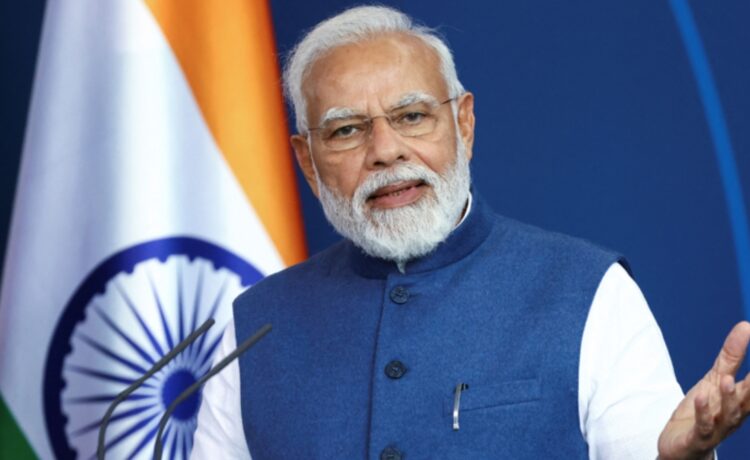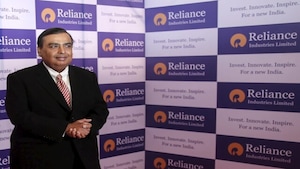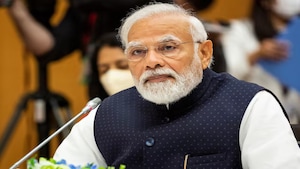In a bid to strengthen financial cooperation among BRICS nations, Prime Minister Narendra Modi urged the group to adopt trade in local currencies. Speaking at the BRICS Summit in Kazan, Russia, Modi highlighted how such an initiative could significantly enhance economic ties among the member countries, which now include Brazil, Russia, India, China, South Africa, as well as Egypt, Ethiopia, Iran, and the UAE.
“Trade in local currency and easy cross-border payments will strengthen our economic cooperation,” Modi remarked during the plenary session. India has been actively promoting this approach as part of its efforts to internationalize the rupee and reduce dependency on foreign currencies like the US dollar.
India’s Push for Local Currency Settlements
India took a significant step in 2022 when the Reserve Bank of India (RBI) allowed exports and imports to be settled in rupees between trading partners. Russia became the first country to start trade settlements with India in rupees, and since then, this model has expanded. The RBI has also signed an agreement with the UAE for cross-border payments in rupees and dirhams, and India is in talks with other countries like Indonesia to explore similar trade settlement mechanisms.
This initiative is part of a broader strategy by India to make trade more resilient by promoting the use of local currencies. At the BRICS Summit, Modi reiterated that such efforts would create more robust economic partnerships among member nations.
UPI: A Global Payments Success
During his address, Modi also highlighted the success of India’s Unified Payment Interface (UPI) in transforming digital payments. “UPI has been adopted in many countries. Last year, we launched it in the UAE in collaboration with Sheikh Mohammed,” Modi said, encouraging further global partnerships on this platform.
India has already linked UPI with the fast payment systems of countries like France, Sri Lanka, Oman, Bhutan, and Mauritius. Additionally, UPI is now integrated with payment networks in Southeast Asia, including Malaysia, Thailand, Singapore, Vietnam, and the Philippines. The Reserve Bank of India is actively working with central banks in other regions to further expand this network, making UPI a vital tool in India’s global financial outreach.
Advancing BRICS Economic Cooperation
Modi also recognized the important role played by the BRICS Business Council and the BRICS Women Business Alliance in driving economic collaboration within the group. “The consensus reached within BRICS this year on WTO reforms, trade facilitation in agriculture, resilient supply chains, e-commerce, and special economic zones will strengthen our economic cooperation,” Modi noted.
He stressed the need for continued focus on small and medium-sized enterprises (SMEs), which play a crucial role in economic growth. Modi also welcomed the launch of the BRICS Startup Forum, an initiative proposed during India’s chairmanship in 2021, that will further encourage entrepreneurship across the member countries.
Welcoming New BRICS Members
With the expansion of BRICS to include new members, Modi remarked that the group now represents 40% of the world’s population and about 30% of the global economy. “BRICS has achieved many things in the last two decades. I am confident that in the coming times, this organisation will emerge as a more effective medium to face global challenges,” Modi said.
As BRICS enters its next phase, Modi’s calls for enhanced trade in local currencies and broader digital payments collaboration signal India’s commitment to fostering deeper economic ties and driving global cooperation within the group.





















